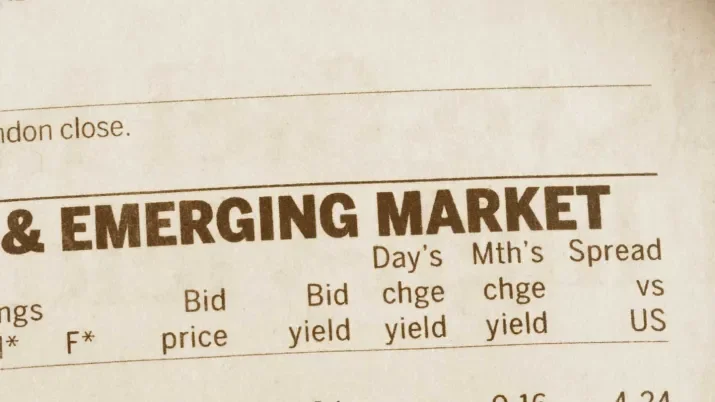The “safest risky asset” and what to expect from corporate credit
Fixed Income Boutique
The “safest risky asset” and what to expect from corporate credit
- Developed market corporate bonds have, in our view, become the “safest risky asset”.
- There is no choice for policy makers but to sustain growth in the post Covid-19 and 5G era. Therefore, central banks and governments will ensure a better redistribution of the wealth pie so that growth and the cycle are both revived and sustained. In such a “lower forever” interest-rate environment, developed markets spread products shall thrive.
- For investors, this means: Don’t fight the major central banks. Their expanded programs provide great backstops and strong technical support. Even the US Federal Reserve launched a corporate bond buying program, which was very well received by investors as it potentially limits the tail risk for companies.
- We have consistently held the view that corporate bonds are the “new government bonds”, because government bonds will remain for the vast majority negative yielding and money will migrate from government to corporate bonds in the search of yield (see chart 1).

- We expect a V-shaped recovery as history suggests a strong recovery following a period when the loss of output is extreme.
- Spreads and total returns have often rebounded after extreme shocks making both euro and global corporates steady asset classes. We particularly like global strategies as US dollar hedging costs for euro investors have decreased dramatically.
The credit fundamentals are better than you might think
- We expect deterioration in investment-grade corporate fundamentals to be light and temporary
- We do believe there will be an increase in net leverage, but it should be limited to 0.2x by 2021 and this is manageable for corporates.
- Both US and European investment-grade industrial corporates should be able to mitigate a temporary loss of cash flow by engaging in less acquisitions, lower dividends payments, less buybacks, and lower capital expenditures, among other mitigating measures
- Pre-Covid-19, corporates suffered from “leverage fatigue” and focused on preserving their ratings (especially BBB companies). Therefore, companies entered the current crisis in good shape and have room to maneuver as they had already cut back on dividends and buybacks pre-crisis and reduced leverage.
- In our view, the weakness that is currently priced into spread levels does not correspond to the anticipated underlying corporate fundamentals post Covid-19. We have the expectation that credit markets will continue to rally.
Why now is the time to purchase developed markets corporate bonds
- We believe developed market corporate bonds will continue to be a reliable asset class, providing a solid source of income, regardless of interest rate movements. movements.
- In developed markets, the peak in new Covid-19 infections seems to have passed, and economies in the US and Euro Area should have seen the bottom.
- Corporate fundamentals are to remain solid with any deterioration to be light and temporary.
- Central Banks purchases and backstops provide a strong technical bid, even for BBB/BB corporate bonds.
- Currently, the corporate developed markets are a bond pickers’ market, still offering attractive valuations to investors.
- Good credit selection makes us additionally comfortable with the current market dynamics.









